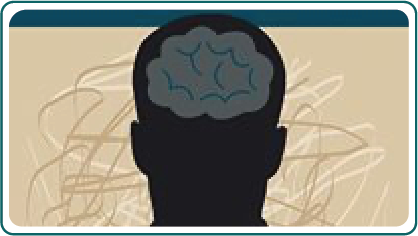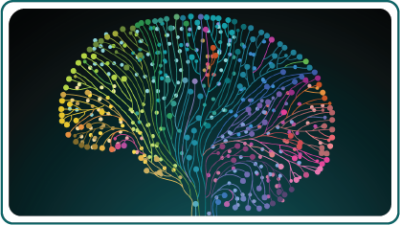When Grief is Complicated
$35.95
While most individuals experiencing loss face grief, most grievers can cope with loss and subsequent grief in ways defined by their culture as appropriate and can fulfill, after brief and intermittent impairment, their social and workplace roles. However, research shows that between 10 and 20 percent of individuals who experience loss experience more disabling reactions, including Complicated Grief or other conditions triggered by the loss, such as PTSD, Major Depressive Disorder, Separation Anxiety Disorder, Adjustment Disorder, or substance abuse. Complicated Grief reactions may also be a factor in physical illness. This program looks at how to identify disabling grief reactions and when referrals to specially trained clinicians or professionals may be indicated and necessary. This program is part of the Living with Grief® series.
Program Viewing
The program viewing link and materials will be accessible through your account. The viewing link and CE instructions will also be emailed to you.
Continuing Education
An exam is required to obtain CE hours for this course. If you do not need CE certification, or if you would like a certificate of attendance only, please click here.
Learning Objectives
At the conclusion of this program, participants will be able to:
- Describe typical grief patterns and differentiate typical grief from more complicated forms;
- List and describe two typologies of complicated grief;
- List and describe six danger signs of complicated grief;
- Describe the ways that the DSM-5 acknowledges complications of grief;
- Describe and discuss different approaches to treating complicated forms of grief and note resources that might be utilized in such treatment.








